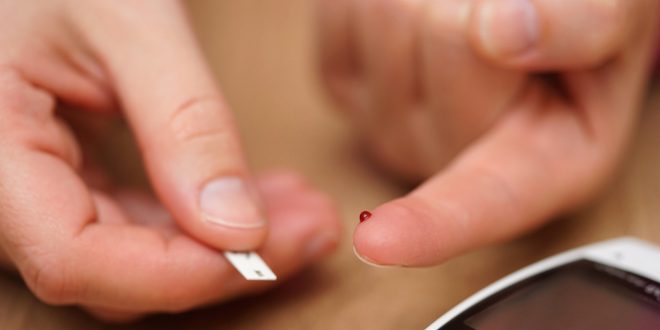Sugar substitutes can be beneficial for people with diabetes as they offer added sweetness while controlling your carbohydrate intake and blood sugar levels. Read on to learn about the best sweeteners for diabetes.
What are sweeteners?
Sweeteners are a substitute for sugar that provide a sweet taste to foods, but have virtually no calories. There are a number of sweeteners available, all made from different compounds.
Do sweeteners have any nutritional value?
There are two types of sweeteners. Nutritive sweeteners include sugar and honey, and provide the body with energy in the form of carbohydrates. Non-nutritive sweeteners, which we’re addressing in this article, are zero- or low-calorie alternatives to nutritive sweeteners. As such, they have no nutritional value.
What are the benefits of sweeteners?
Besides being calorie-free, one of the biggest benefits of sweeteners is that they have a very low glycemic index and have no effect on your blood sugar. This means that they do not cause blood sugar levels to spike in the same way that sugar does.
What are the best sweeteners for people with diabetes?
Aspartame, sucralose, cyclamate and stevia are all excellent sweetener choices for people with diabetes.
| Sweetener | Brand names | Forms and uses | Sweetness index* |
| Aspartame | Equal
NutraSweet |
· Packets, tablets or granulated form
· Added to drinks, yogurts, cereals, low-calorie desserts and chewing gum |
180 |
| Cyclamate | Sucaryl
Sugar Twin Sweet’N Low |
· Available in packets, tablets, liquid and granulated form
· Added to baked goods, soft drinks and salad dressing |
40 |
| Steviol glycosides | Stevia
Truvia Krisda Pure Via |
· Available in packets or liquid form
· Added to drinks, breakfast cereals, yogurt, gum, baked goods and snack foods in packets or liquid form |
300 |
| Sucralose | Splenda | · Available in packets or granulated form
· Added to packaged foods and beverages |
600 |
*The sweetness index rates the sweetness of a substance in relation to table sugar, which has a sweetness rating of 1. The sweetness index of all other substances measured relative to this number.
Are there any health concerns with sweeteners?
At this time, there are no major health concerns associated with sweeteners. A few small studies showed that some sweeteners may cause high blood sugar levels. However these studies were performed on animals, so researchers don’t know if the effect would be the same in humans.
A 2020 review of a number of studies compared the use of non-nutritive sweeteners with either sugar, placebo, or nutritive low‐calorie sweeteners in people with diabetes. The researchers concluded that there were no benefits – and no harmful effects – on A1C, body weight or adverse events in people with 2 diabetes who consumed non-nutritive sweeteners versus sugar.
Sweeteners are not completely harmless, though. If eaten in excess, they can cause upset stomach and migraine headaches. As well, because artificial sweeteners are much sweeter than sugar (see sweetness index above), consuming too much sweetener may leave your brain and your body craving sweet foods, which could be disruptive to your diabetes diet.
Nonetheless, whichever one you choose, sweeteners provide a calorie-free and tasty alternative to sugar.
 Diabetes Care Community Learn, connect and care
Diabetes Care Community Learn, connect and care






